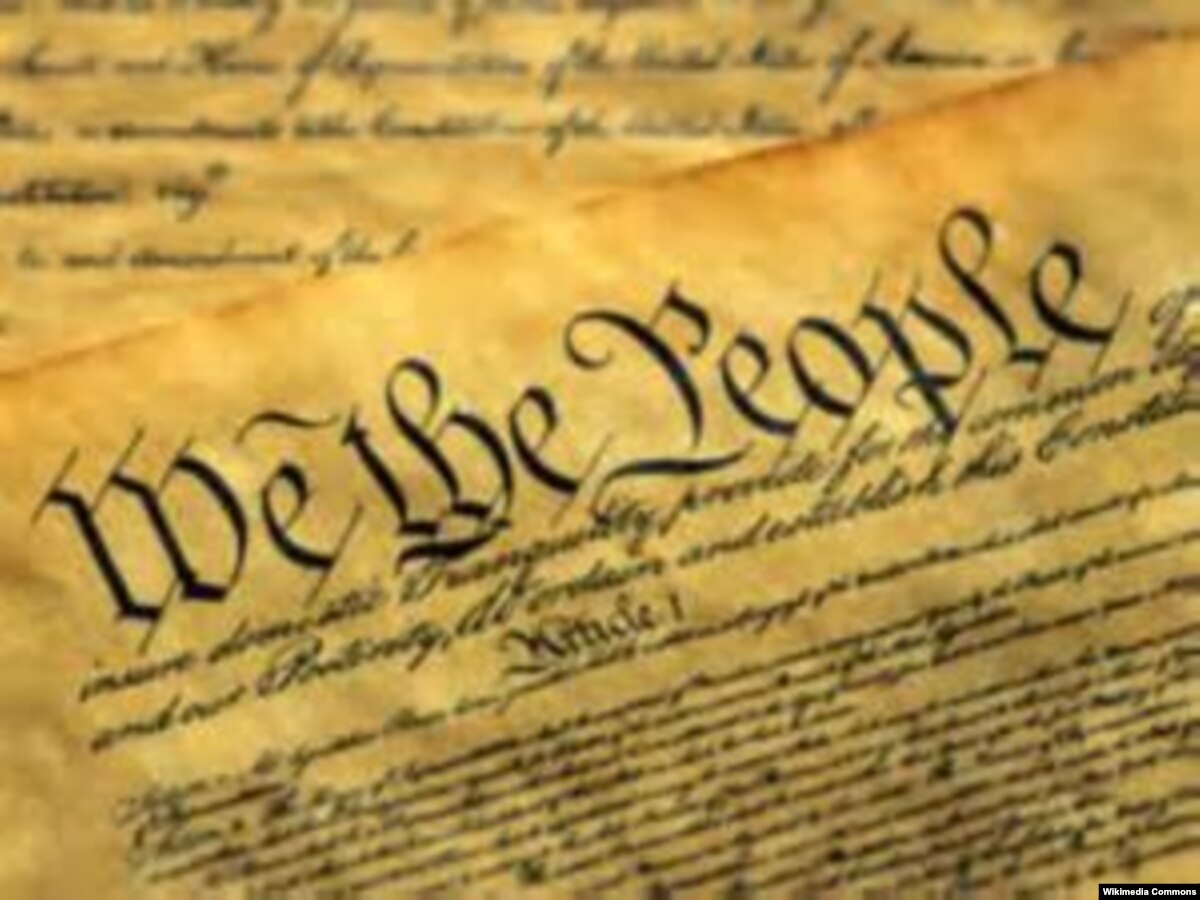People in the United States enjoy some of the strongest legal protections on their speech and writing in the world. Saying some things is illegal, though, and others open you to getting sued. There’s a lot of misinformation around on what is and isn’t considered free speech. Here’s a quick rundown of some common claims. 
Standard disclaimer: This isn’t legal advice. It’s my best understanding. See a lawyer when in doubt. In some cases, I’ve cited court cases you can look up and study.
“Parodies are free speech and not restricted by copyright.”
Not entirely.
Mad Magazine published a booklet of parody lyrics called Sing Along with Mad, which led to a lawsuit. The case was Berlin v. E.C. Publications, Inc. The court ruled that it doesn’t violate copyright to publish new lyrics that fit an existing copyrighted tune.
Performing the tune is a separate issue. The 2 Live Crew ruling, formally Campbell v. Acuff-Rose Music, Inc., held that quoting from the song “Oh, Pretty Woman” as part of a parody constituted fair use. Some people claimed this means that any recording of a parody is fair use, but that’s not true. Factors that worked in 2 Live Crew’s favor were that their song commented on the original and used only a brief quotation. Publishing a song that uses a copyrighted tune but otherwise has nothing to do with the original song could be subject to takedown and damages. Many filk songs and other parodies get by because they’re too obscure for the copyright holders to care about, but that doesn’t mean they can’t sue.
“‘Hate speech’ is not free speech.”
Absolutely wrong.
You’ll often hear claims from the political left that there’s a “hate speech” exception to the First Amendment. There isn’t, and the courts have said so. “Hate speech” is simply the latest in a long series of names for speech which someone wants to censor. In past centuries it’s been called “blasphemy” or “sedition.” (“Sedition” made a minor comeback last year.) The Constitution doesn’t protect only polite criticism. You can be as nasty and angry as you want; it’s still free speech.
“It’s not free speech to shout ‘Fire!’ in a crowded theater.”
Wrong as stated, and generally abused.
The misquote comes from the 1919 case, Schenck v. United States. The defendants were convicted of correctly pointing out that the military draft is involuntary servitude, which the Thirteenth Amendment prohibits. The Espionage Act (which is still on the books in a modified form) made speech that undermined the United States’ participation in World War I a crime. World War I was one of the worst times in US history for civil liberties. The producer of the 1917 movie The Spirit of ’76 was sent to federal prison under the Espionage Act because it showed the British in a bad light. Yes, really.
Supreme Court Justice Oliver Wendell Holmes said in his ruling, “The most stringent protection of free speech would not protect a man in falsely shouting fire in a theatre and causing a panic.” The word “falsely” is usually omitted when quoting him. If you’re at a movie and see that a fire has broken out, I’d say you have a moral obligation to let people know.
What’s more important is that the defendants’ actions bore no resemblance to that hypothetical scenario, and neither do the many cases where censorship advocates trot out that phrase. People who make fake reports about bombs or shooters get prosecuted, and that’s appropriate. But the “shouting fire in a crowded theater” analogy is almost always used to justify gagging a political opponent, just as Holmes did.
“The First Amendment obligates social media websites to publish anything I submit.”
Total BS.
This claim usually comes from the right, yet it relies on a socialistic premise. The claim is that social media companies are extensions of the government and as such are subject to the same restrictions as government agencies. The claim is groundless; a private company has the protection of the Constitution, and the government can’t require it to publish anything, with a few exceptions such as documents establishing its legal status.
The people who hold this position flip the word “censorship” on its head, claiming that choosing what to publish is censorship and legally dictated publication policies would be un-censorship.
“I can legally publish any opinion I want.”
True, but…
Short of direct and imminent incitement to violence, you can express any view you want without much of a chance that you’ll be prosecuted. However, you could get governmental attention that could make you uncomfortable, and some officials will arrest you on bogus charges. You should win, but you might need a lawyer, and qualified immunity could keep you from suing.
A sheriff in St. Tammany Parish, Louisiana, (Louisiana has “parishes” rather than counties) had Jerry Rogers, Jr. arrested for vociferously criticizing the unsuccessful investigation of a murder. The sheriff just made up a charge. A court has ruled that the arrest was unjustified and the perpetrators don’t get qualified immunity. The First Amendment won, but Rogers had to spend time in jail.
In 2016, Trump adviser Al Baldasaro said that Hillary Clinton should be convicted of treason and executed for bad data protection practices. That’s outrageous, but it’s free speech. He wasn’t advocating assassinating her. He got a visit from the Secret Service, though they couldn’t do anything to him.
When you antagonize powerful people, you face risks, even if they can’t legally do anything to you.
How free we are under the law is a complicated business. As writers, we need to know when we’re at risk and what legal claims we can make to uphold our freedoms.